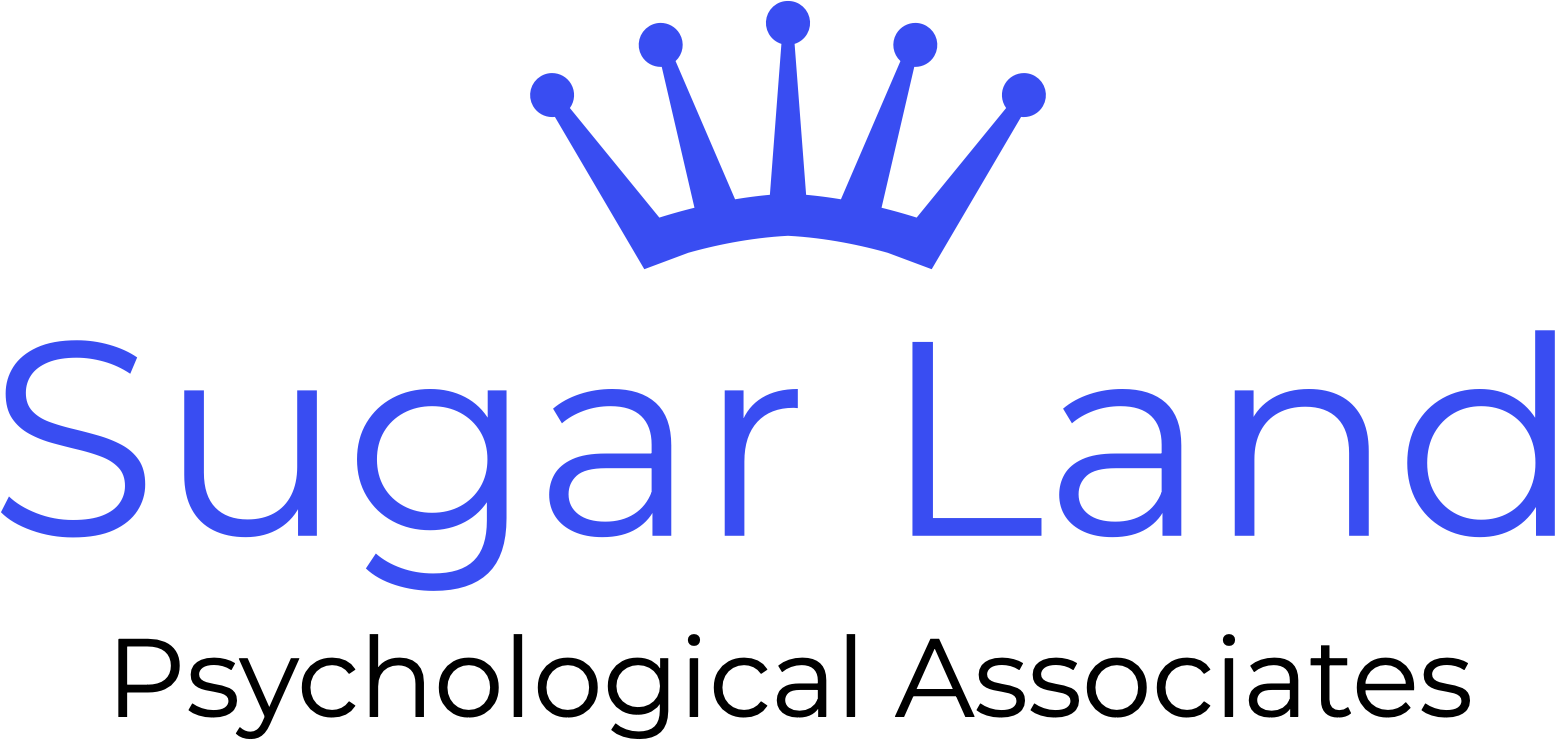Hey folks! Let’s dive into the maze of our minds and chat about two buddies that often get mixed up: OCD (Obsessive-Compulsive Disorder) and generalized anxiety. Both play in the anxiety league, but they’ve got their own game plans.
So, OCD is like having a broken record in your brain. You get these pesky thoughts that won’t quit (obsessions), and to calm the storm, you end up doing repetitive stuff (compulsions). It’s like a mental tug-of-war where the obsessions pull you into anxiety, and the compulsions try to save the day.
Now, let’s talk about generalized anxiety. It’s like having a constant worry playlist on shuffle. You’re stressing about everything – work, relationships, health – you name it. The anxiety is more like a fog that hangs around, making it hard to shake off those racing thoughts.
Spotting the Familiar Ground:
- Intrusive Thoughts: Both OCD and generalized anxiety have these annoying thoughts that just won’t leave you alone. But, in OCD, they’re more like spotlight moments, triggering specific rituals.
- Daily Life Impact: They both throw a wrench into your daily routine. Work, relationships, and just getting through the day can feel like a mission impossible sometimes.
Spotting the Different Vibes:
- Focus of Anxiety: OCD has a specific target for its anxiety – like a fear of germs or a need for things to be just right. Generalized anxiety is like a scattergun, shooting worry bullets in all directions.
- Compulsive Habits: Both involve doing things to ease the anxiety, but in OCD, it’s directly linked to those obsessive thoughts. Generalized anxiety’s habits are a bit more random – seeking reassurance or avoiding things without a clear connection.
- How Long the Worry Lasts: Generalized anxiety is like the marathon runner of worry, always going. OCD, on the other hand, is more like a sprint – intense, but in short bursts triggered by specific obsessions.
Fixing Things Up:
- Therapy Magic: Whether it’s OCD or general anxiety, therapy is the go-to play. For OCD, the “gold standard” treatment is Exposure and Response Prevention Therapy (ERPT) while a first-line treatment for generalized anxiety tends to be Cognitive Behavioral Therapy (CBT).
- Medication Pit Stop: Sometimes, doctors prescribe meds like SSRIs to help level the playing field and keep the mood in check.
So, there you have it – a peek into the world of OCD and generalized anxiety. Knowing the differences is like having a map to navigate the twists and turns in your head, guiding you toward a chill and balanced mental space.
If you’ve been struggling with OCD or generalized anxiety, schedule a free consultation today with us and let’s get you feeling and doing better!



